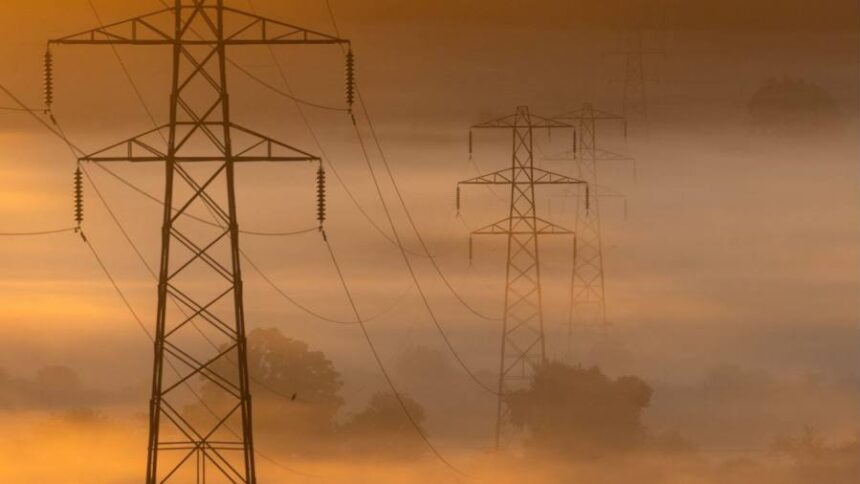Receive free Office of Gas & Electricity Markets UK updates
We’ll send you a myFT Daily Digest email rounding up the latest Office of Gas & Electricity Markets UK news every morning.
Britain’s energy regulator set a new energy cap for this winter of £1,923, in a move that means the average household bill will be £600 higher than before the Ukraine war.
The cap set by Ofgem for the October to December period is below the current £2,074 level but signifies that household energy prices will stay high this winter, adding to concerns about the cost of living in the country.
The level remains much higher than during 2020 and 2021, before the Russian invasion of Ukraine pushed up energy prices.
The end of government aid programmes, such as the universal £400 Energy Bill Support scheme, in effect also means that the cost of energy for many households will increase this winter compared with last.
Jonathan Brearley, chief executive of Ofgem, acknowledged that households that use less energy than average would pay “slightly more” this winter.
“I’m afraid prices are going to be volatile for some time to come,” Brearley said in a BBC Radio Four interview. “The price today, is way higher than before the crisis. So many many families are going to struggle.”
The previous reduction in the price cap, which took effect in July, was a much more dramatic cut from the earlier level of £3,280.
“Even with the price cap falling again, more people than ever before are struggling to pay their energy bills,” said Simon Oscroft, co-founder of energy supplier So Energy.
The decline in the price cap is due to lower wholesale gas and electricity prices, though a recent gas price surge across Europe is likely to push up energy prices in the first quarter of next year.
Cornwall Insight, an energy consultancy, forecast that prices during the first half of next year would increase to above £2,000 because of the volatile energy prices.
“While a small decrease in October’s bills is to be welcomed, we once again see energy price forecasts far above pre-crisis levels, underscoring the limitations of the price cap as a tool for supporting households with their energy bills,” said Craig Lowrey, consultant at Cornwall Insight.
The price cap does not limit how much consumers pay if they use more than the typical amount of energy. Instead it mandates a maximum cost per unit for electricity and for gas.
Energy security secretary Grant Shapps said: “It’s encouraging families will see their energy bills continue to fall from October . . . We are successfully driving [Russian president Vladimir] Putin out of global energy markets so he can never again hold us to ransom.”








